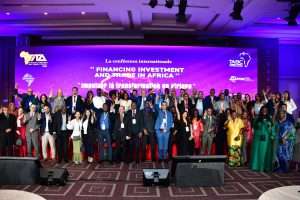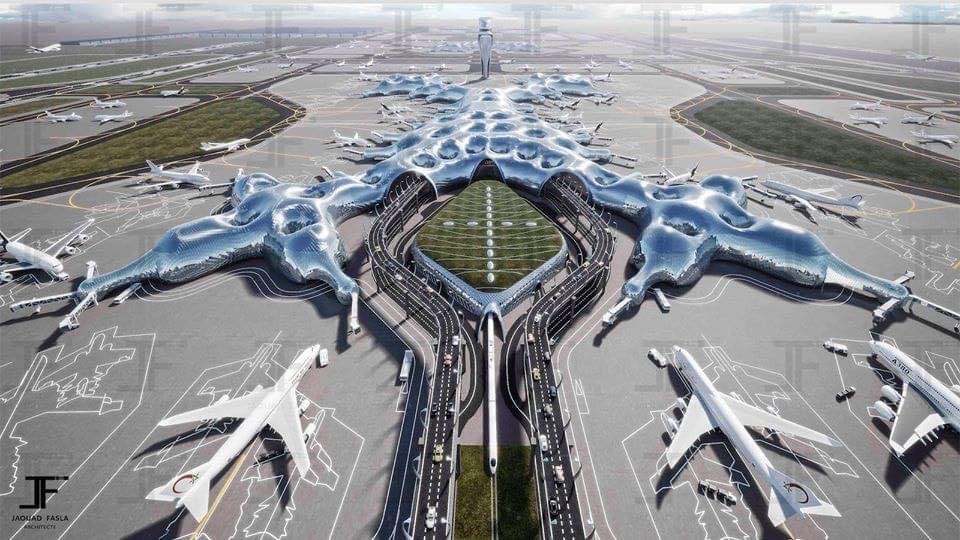BRICS Expansion Threatens West’s Dominance

Since its formation in 2006, the BRICS group has only accepted one new member in 2010. Now, 19 countries have formally or informally approached the body to become members as it prepares to hold its annual summit in South Africa. Five Arab countries are among those who have expressed their interest in joining the BRICS group, South Africa’s Ambassador Anil Sooklal said in an interview.
Saudi Arabia and Iran have made formal requests to join, while the UAE, Egypt, Bahrain and Algeria have joined Argentina and Indonesia and a number of African states in expressing an interest in joining.
“What will be discussed is the expansion of Brics and the modalities of how this will happen,” Sooklal said. “Thirteen countries have formally asked to join and another six have asked informally. We are getting applications to join every day.”

According to Professor of International Law at Brazil’s FGV Direito SP University, Dr Salem Nasser, these requests show that there are “ongoing changes in the balance of world power. BRICS represent a new pole of economic and political power which will compete with North American hegemony.”
Nasser, however, does not believe that through joining BRICS these countries will be aligning themselves with China or closing the door on cooperation with the West.
Since its establishment, BRICS – an acronym for five regional economies: Brazil, Russia, India, China and South Africa – included the world’s fastest-growing economies at the time. However, Chinese President Li Jintao described BRICS as “the defender of the interests of developing countries and a force for world peace.” With the body now setting itself up as an alternative to existing international financial and political forums.
BRICS five member states now account for 31.5 per cent of global GDP, while the G7 members’ share has fallen to 30 per cent, according to Megh Updates platform. Global banking group Goldman Sachs believes that by 2050 the economies of the BRICS countries will compete with the economies of the richest countries in the world.
“The belief is growing that North American economic hegemony declines and changes are accelerating. Besides, the production weight of the BRICS promises a lot,” Nasser told MEMO. “On other hand, the expansion can be seen today as a strengthening, but it can bring the dilution of this unity at the same time,” he warned.
Nasser sees that one of the greatest challenges BRICS faces is the ability to expand its membership base while maintaining its current economic growth and building a consistent and common strategy. “The issue of accepting new members and maintaining economic and political independence is not easy at all. For example, the crisis of distancing Brazil during the last Brazilian government while the matter changed now with President Lula’s return. China is the economic flagship of the group and any transformations now will affect the world economy. The important question right now is: will the group be able to build common perceptions and strategies?”
READ: Salem AlKetbi: America’s Insistence on “Defeating” Russia
During his visit to Beijing last month, Brazil’s President Lula da Silva said: “Every night, I ask myself ‘why do all countries have to base their trade on the dollar?’.” He believes in the need to create new mechanisms and he called on developing countries to work towards replacing the US dollar with their own currencies in trade. “I am in favour, in the case of Brazil with South America, that we create a currency to trade. I am in favor of people creating a trading currency between our countries in the BRICS, like the Europeans created the euro.”
Lula stressed that he wants the BRICS Development Bank to become a major investment bank. “The BRICS bank could become the great bank of the Global South,” he said, adding: “Brazil is back and willing to make a difference. To help the world have a different look. And we have a task that we didn’t have ten years ago.”
BRICS is facing changes in its importance and global reach as a result of the desire of countries to change from a unilateral global base – led by the United States – to a multipolar one. Should the 19 countries be allowed to join the body, they could change the balance of global power, but will they also lead to the destruction of BRICS’ ability to make change?
Eman Abusidu is MEMO’s correspondent in Brazil. This article was oringinally published by the same outlet.
Want to chase the pulse of North Africa?
Subscribe to receive our FREE weekly PDF magazine















